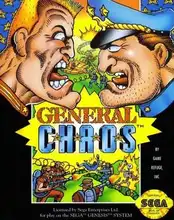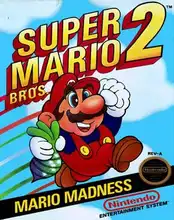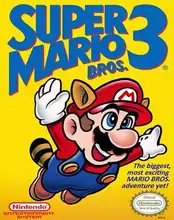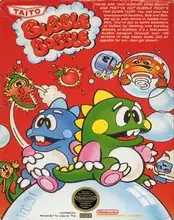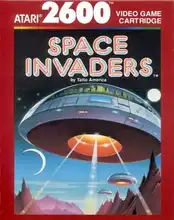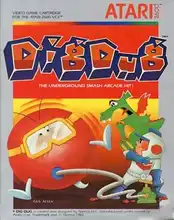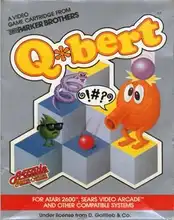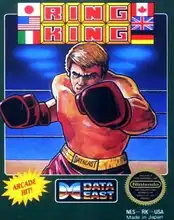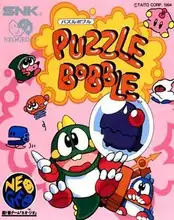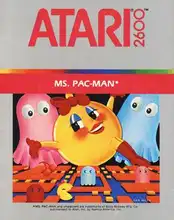Step back in time, past the console wars and PC master races, to an era dominated by flashing lights, booming sound effects, and the clatter of quarters. This was the golden age of arcade games, a time when gaming was a social, public event, lived out in dimly lit halls filled with towering cabinets.
For many of us, the arcade wasn't just a place to play games; it was an experience. It was the smell of popcorn and stale cigarette smoke, the thrill of seeing your initials at the top of the high score list, and the camaraderie (or intense rivalry) with friends gathered around a single machine.
The Magic of the Arcade Environment
What made the arcade so captivating? It was more than just the games themselves.
- Sensory Overload: The cacophony of sounds – Pac-Man's waka-waka, the explosion from Asteroids, the theme from Donkey Kong – blended into a unique soundtrack.
- Visual Spectacle: Brightly lit marquees, vibrant cabinet art, and glowing screens pulled you in from the street.
- Physicality: Joysticks, trackballs, spinner knobs, and chunky buttons offered a tactile connection to the game world that a simple controller couldn't replicate.
- Community: Watching others play, cheering them on, or waiting impatiently for your turn fostered a unique social dynamic.
More Than Just Pixels: Iconic Arcade Games
While countless titles graced arcade floors, some became legends, defining the era and influencing gaming for decades to come. Think about the pure, addictive gameplay loops of:
- Pac-Man: The maze-chasing classic that became a cultural icon.
- Donkey Kong: Introducing Mario and groundbreaking platforming.
- Space Invaders: Kicking off the video game craze and perfecting the fixed shooter.
- Street Fighter II: Igniting the fighting game phenomenon and competitive play.
- Galaga: A refinement of the space shooter genre with challenging enemy patterns.
These weren't just games; they were challenges designed to eat quarters, demanding skill, reflexes, and often, a touch of luck.
Why the Nostalgia Endures
Even with photorealistic graphics and online multiplayer that connects millions, the pull of retro arcade games remains strong. Why?
- Pure Gameplay: Many arcade titles focused on simple, addictive mechanics that are easy to learn but hard to master.
- High Score Chasing: The competitive drive to leave your mark on the machine was a powerful motivator.
- Historical Significance: These games are the roots of modern gaming, showing how fundamental concepts like lives, power-ups, and boss battles were born.
- The Social Element: While online gaming is social, it lacks the immediate, shared physical space of standing side-by-side at a cabinet.
Bringing the Arcade Home Today
Thankfully, the golden age isn't entirely lost to time. Several avenues allow us to relive those coin-op memories:
- Emulation (MAME): The Multiple Arcade Machine Emulator (MAME) is a powerful tool that preserves thousands of arcade titles, allowing you to play them on modern PCs. While setting it up can be technical, it's the most comprehensive way to access the vast arcade library. (Remember to check local laws regarding ROM ownership).
- Modern Compilations: Many classic arcade games have been released on modern consoles and PC via platforms like Steam or GOG. These often include enhanced features or online leaderboards.
- Mini Arcade Cabinets: Companies now produce licensed mini replicas of classic cabinets, offering an authentic look and feel for specific games.
- Building Your Own: For the dedicated enthusiast, building a full-size arcade cabinet running emulation software is a rewarding project.
Whether you experienced the arcade era firsthand or are discovering these classics for the first time, the world of arcade games offers a rich history and timeless fun.
FAQ: Getting Into Classic Arcade Games
Q: Is MAME legal? A: MAME itself is a legal emulator. The legality of ROMs (the game files) depends on whether you own the original arcade board or if the ROMs have been released for free distribution (some developers/publishers have done this). Always research the legal status of specific ROMs in your region.
Q: Where can I find legal ways to play classic arcade games? A: Look for official compilations on digital storefronts like Steam, GOG, PlayStation Store, Xbox Games Store, and Nintendo eShop. Websites like Archive.org also host many older, freely distributable games.
Q: Are modern arcade games still a thing? A: Yes, arcades still exist, particularly in countries like Japan, and some niche locations elsewhere. Modern arcade games often feature unique peripherals or experiences not easily replicated at home.
Q: Do I need special hardware to play arcade games on PC? A: For emulation, a standard PC is usually sufficient for older titles. For a more authentic feel, you can purchase USB arcade joysticks and buttons.
Relive the Pixels
The era of the bustling arcade hall might be largely behind us, but the spirit of arcade games lives on. From the simple joy of Pac-Man to the competitive fire of Street Fighter II, these games offer a direct line to gaming's roots. So grab a virtual quarter, pick your game, and step back into the golden age. The high score awaits!

